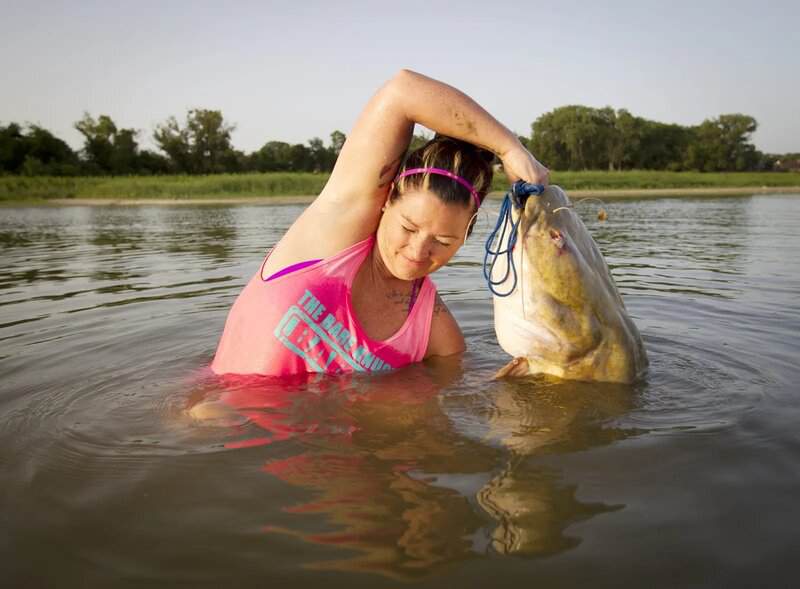America is full of surprises, and its legal system is no exception. Across the country, every state has passed at least a few laws that make you scratch your head—and maybe even laugh out loud. Some were created in response to real (if unusual) situations, while others are relics from another time that somehow never got repealed. Together, they offer a quirky glimpse into the nation’s history, values, and sense of humor. From outlawing donkey naps in bathtubs to banning snowballs and whispering in church, these 30 weird laws prove that America is truly one of a kind.
No Donkey Naps in Bathtubs – Arizona
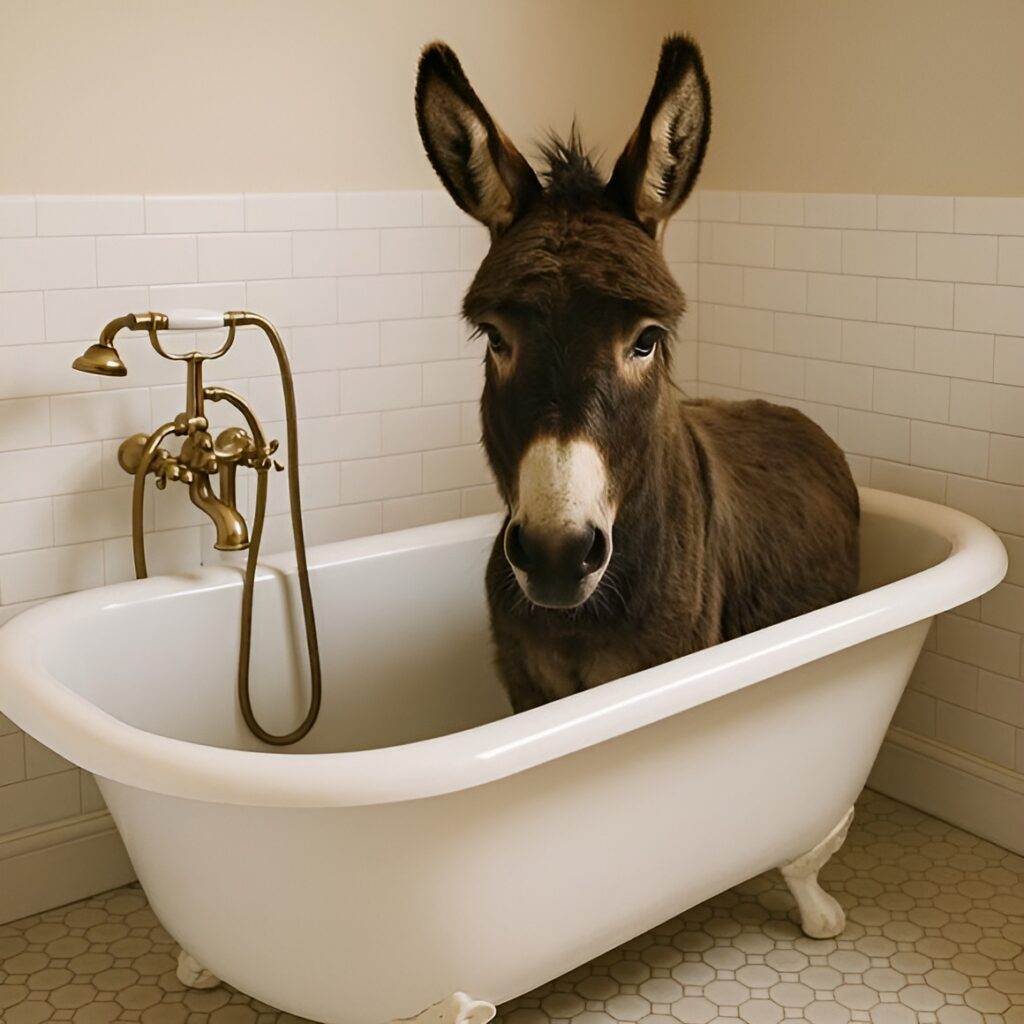
In Arizona, it’s illegal for donkeys to sleep in bathtubs. This law was passed after a 1920s incident where a donkey took refuge in a bathtub that was swept away during a flood. The town had to launch a rescue mission, which proved both costly and chaotic. As a result, legislators decided to ban the practice entirely. While it might sound silly today, it was rooted in real safety concerns at the time. Now, it’s one of the most frequently cited examples of bizarre American laws. It’s still technically on the books, even if rarely enforced.
No Exploding Golf Balls – Massachusetts
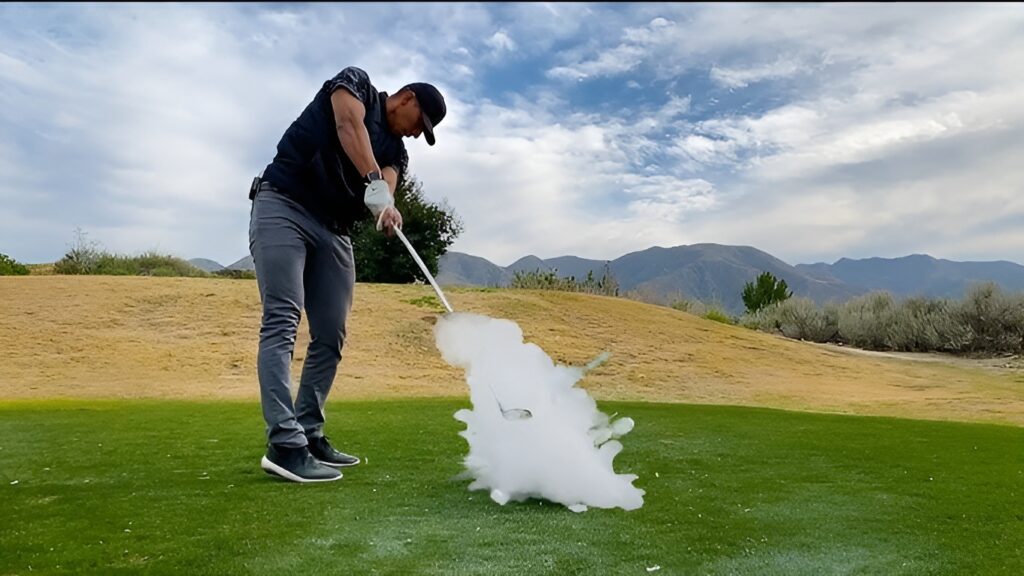
Massachusetts has a law that prohibits the sale of exploding golf balls. This law was created to prevent pranks or accidents that could cause harm or property damage. Apparently, novelty golf balls that exploded or emitted smoke were once popular gag items. However, lawmakers were concerned about potential injuries. The law reflects the state’s attempt to take public safety seriously—even on the golf course. Violating this statute could lead to fines. While it may seem unnecessary today, the law remains in effect.
No Honking Near Sandwich Shops – Arkansas

In Little Rock, Arkansas, it’s illegal to honk your car horn near a sandwich shop after 9 p.m. This odd regulation was likely intended to preserve quiet in the evenings. It may have stemmed from complaints about loitering or noise near popular eateries. The law also highlights how local governments sometimes craft very niche ordinances to address specific neighborhood issues. While it’s rarely enforced, it technically still applies. So if you’re craving a late-night hoagie, keep your car horn quiet.
Don’t Get Drunk in a Bar – Alaska

Strangely enough, it’s illegal to be visibly drunk in a bar in Alaska. The law targets excessive public intoxication, even in places where alcohol is sold. Bartenders are required by law to remove intoxicated individuals. While this may seem counterintuitive, the goal is to prevent fights, accidents, or other alcohol-related issues. It’s part of the state’s broader efforts to combat substance abuse. The law is taken seriously and can result in removal or fines. So yes, in Alaska, you can legally drink in a bar—just not too much.
No Sharing Netflix Passwords – Tennessee

Tennessee passed a law making it illegal to share passwords for streaming services like Netflix. The law, passed in 2011, aims to prevent digital piracy and unauthorized access to paid content. While it targets large-scale password-sharing, it technically applies even to friends and family. The entertainment industry supported the bill to crack down on lost revenue. Many people are surprised that such personal behavior is regulated. While enforcement is rare, the law does exist. It’s one of the few laws of its kind in the U.S.
Bingo Time Limit – North Carolina

In North Carolina, bingo games held by charities can’t last more than five hours. The law is designed to prevent gambling issues, even in community events. It also prohibits alcohol from being served during the game. This keeps the environment family-friendly and focused on fundraising. While this seems overly restrictive to some, lawmakers felt it was necessary. The law highlights America’s cautious approach to even the most innocent-seeming forms of gambling. So play fast—time’s ticking!
No Catching Fish with Your Bare Hands – Kansas

Kansas makes it illegal to catch fish with your bare hands, a practice also known as “noodling.” While popular in some southern states, Kansas considers it unsafe and unfair to the fish. It’s also banned due to potential ecological damage and risks to the person involved. The law aims to promote safer, more sustainable fishing methods. However, noodling remains a cultural pastime in nearby states. Kansas takes a more conservation-minded stance. So if you’re fishing there, keep the rods handy.
No Whispering in Church – Delaware

In Rehoboth Beach, Delaware, it’s illegal to whisper in church. This law was created to maintain decorum and reduce distractions during services. While it may sound excessive, the law reflects a time when religious settings were treated with strict formality. Today, it’s rarely enforced but remains symbolic of cultural norms from the past. The ordinance is still cited in trivia lists and legal oddities. It also highlights how local customs can shape legislation. Just to be safe—keep the sermon whispers to a minimum.
No Roadside Honking – New Jersey

In New Jersey, it’s illegal to honk your horn unnecessarily. The law is meant to reduce noise pollution and road rage. It targets drivers who honk out of frustration rather than for safety. While it’s not always strictly enforced, you can be fined for excessive or inappropriate honking. This regulation reflects New Jersey’s effort to make driving a little less chaotic. It may surprise drivers used to using their horns freely. But here, silence is golden—even in traffic.
No Pretending to Be a Religious Figure – Alabama

In Alabama, it’s illegal to impersonate a member of the clergy, including priests, ministers, or rabbis. The law was enacted to prevent fraud or misuse of religious authority. Violators can be fined or even face jail time. The statute is meant to protect the integrity of religious ceremonies and leadership. While impersonating a police officer is commonly known to be illegal, this lesser-known restriction has similar intentions. Critics have debated whether the law infringes on free expression. Still, it’s a clear example of how seriously some states treat religious representation.
No Driving While Blindfolded – Alabama

Alabama also has a law that makes it illegal to drive while blindfolded. While this seems obvious, the law was passed to stop dangerous stunts. Some drivers attempted blindfolded challenges or dares, risking lives in the process. The statute eliminates any ambiguity—eyes must be on the road. It’s one of those common-sense laws that had to be spelled out due to reckless behavior. You’d think it wouldn’t be necessary, but here we are. Alabama made sure to close that dangerous loophole.
No Sleeping with Shoes On – North Dakota

In North Dakota, there’s a law that supposedly makes it illegal to sleep with your shoes on. While this law is rarely enforced and may even be more legend than reality, it’s frequently cited in lists of strange statutes. It likely originated as a vagrancy or lodging ordinance. The aim may have been to discourage loitering or improper use of public spaces. Still, the specific wording makes it sound absurd. Whether or not it’s active law, it captures America’s flair for quirky rules. Maybe just kick your shoes off before that nap, just in case.
No Public Swearing – Mississippi
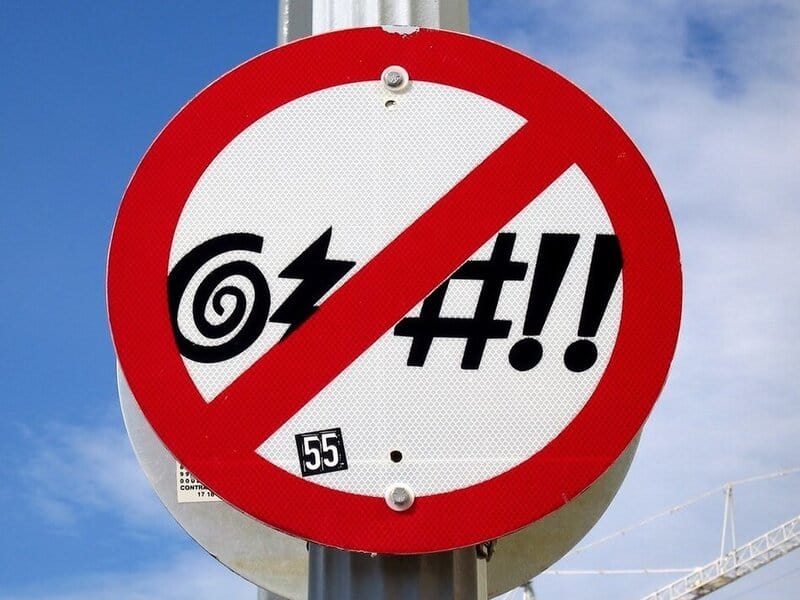
In Mississippi, using profane language in public places can be a misdemeanor offense. The law is rooted in maintaining public decency and curbing disruptive behavior. Though not often enforced, it’s used occasionally in small towns or religious communities. Offenders can be fined or face minor charges. The rule has sparked debates about free speech and cultural policing. Regardless, it’s still technically enforceable. So watch your language at the town square!
No Throwing Snowballs – Colorado
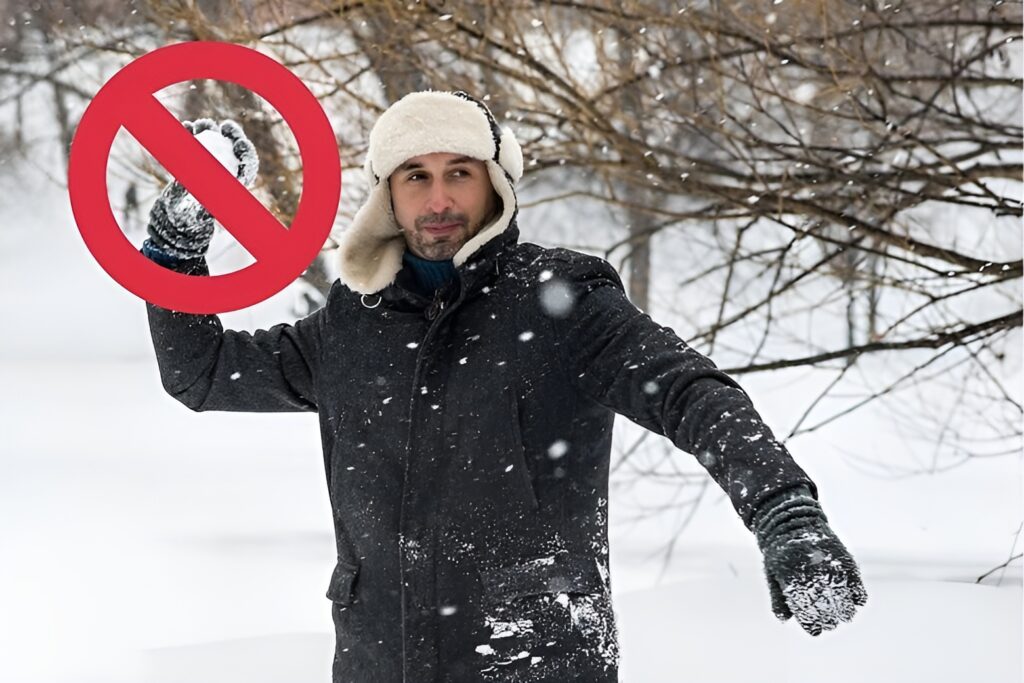
In Severance, Colorado, throwing snowballs was technically illegal until 2018. The law was originally designed to discourage dangerous ice-throwing in public. But it was repealed after a young boy campaigned to bring snowball fights back. His argument was simple: “Snowballs are fun!” The town council agreed and overturned the ordinance. It’s a charming example of how even kids can influence outdated laws. Now, snowball fights are not just fun—they’re legal again in Severance.
No Feeding Garbage to Pigs – North Carolina

In North Carolina, it’s illegal to feed garbage to pigs unless you’re properly licensed. The law is designed to protect public health and prevent the spread of disease. Feeding pigs untreated food waste can lead to illnesses that may affect both animals and humans. Farmers must follow strict guidelines for animal feed. Violators can face penalties and inspection shutdowns. It’s one of those practical laws that actually makes a lot of sense. Still, it feels oddly specific until you understand the risks involved.
No Bear Wrestling – Oklahoma
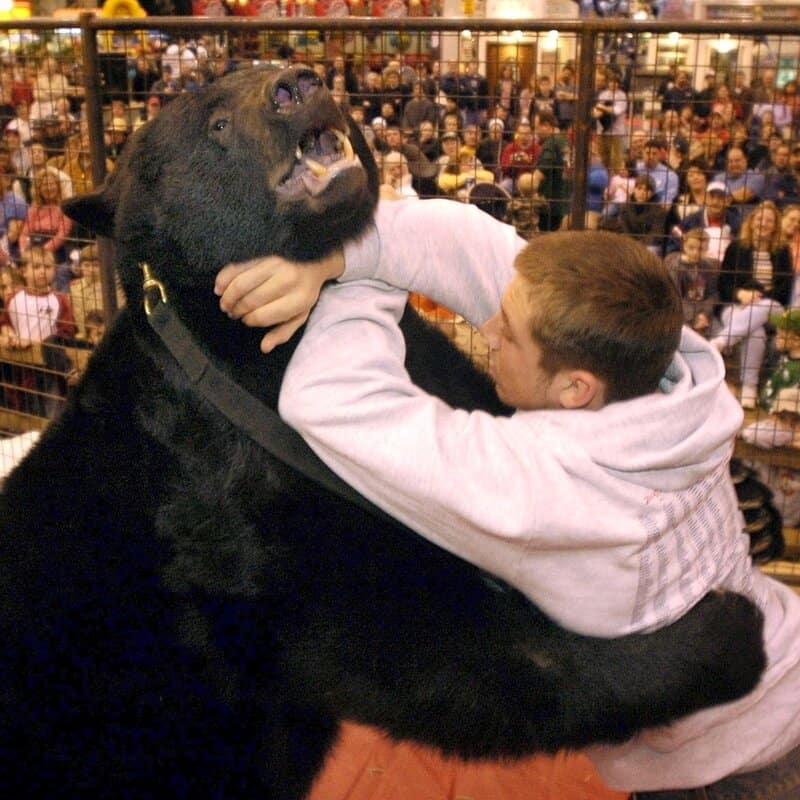
Oklahoma law prohibits bear wrestling and organizing bear wrestling matches. The ban was introduced to prevent animal cruelty and public safety hazards. Bear wrestling was once a bizarre form of entertainment, especially in rural fairs. However, concerns about animal welfare and injuries led to the law’s creation. It’s now one of the most cited “weird” American laws. Violators face criminal charges and fines. In Oklahoma, the bears get to stay out of the ring.
No Crossing State Lines with a Duck on Your Head – Minnesota

In Minnesota, it’s rumored to be illegal to cross state lines with a duck on your head. This one likely falls more into urban legend territory than an enforceable statute. However, it’s often repeated as an example of absurd legal language. Even if no such law exists today, it captures the spirit of quirky American legal myths. These kinds of laws are usually based on misunderstood or outdated municipal codes. Still, it’s probably best to leave your duck at home—just in case.
No Fishing While on a Giraffe – Illinois
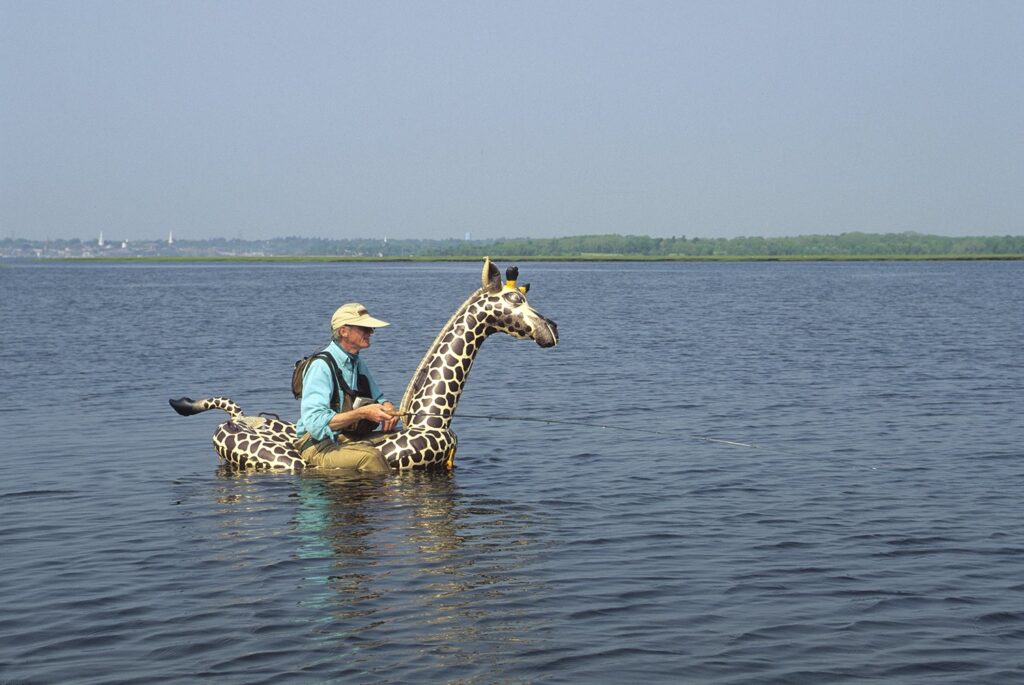
Illinois once had a law that made it illegal to fish while sitting on a giraffe’s neck. Like many absurd laws, this one is rooted in novelty rather than real legal need. It may have been a humorous response to exotic animal ownership or circus activity. Regardless, it made its way into legal folklore. While not likely enforced, it’s a legendary example of how specific laws can get. It also raises one big question: who tried this in the first place?
No Riding Camels on the Highway – Nevada

In Nevada, camels are not allowed on highways. This law dates back to the 19th century when camels were imported for transport in desert areas. While practical at the time, the animals proved disruptive to modern traffic. The law stuck around even after camels became obsolete. Today, it’s a funny reminder of Nevada’s Wild West roots. Though camels on highways are rare now, the rule still applies.
No Drunk Moose Interaction – Alaska

While not a formal law, Alaska wildlife officials strongly warn against letting moose consume alcohol—especially fermented apples or beer. There have been actual cases of moose getting drunk and causing property damage. Officials issue fines or remove the animals if residents are found encouraging this behavior. It’s not funny to locals who have seen windows smashed by tipsy antlers. Though not codified in every city, the guidance is part of wildlife protection rules. Leave the booze to the humans—Alaska’s moose are wild enough.
No Dominoes on Sundays – Alabama

In Alabama, it’s illegal to play dominoes on Sundays. This law stems from historical “Blue Laws” designed to enforce religious standards, particularly the observance of Sunday as a day of rest. These laws prohibited various activities considered distracting or inappropriate for the Sabbath. While many Blue Laws have been repealed or are no longer enforced, some, like the dominoes restriction, remain on the books. The intent was to encourage church attendance and rest, reflecting the state’s cultural and religious values at the time. Though rarely enforced today, it’s a reminder of how historical norms can persist in legal codes. This law highlights the intersection of legislation and cultural practices.
Illegal to Milk Another Person’s Cow – Texas

In Texas, it’s illegal to milk another person’s cow without permission. This law was established to protect farmers’ property rights and prevent theft. Unauthorized milking could lead to disputes and economic losses for livestock owners. The statute emphasizes the significance of respecting agricultural property. While modern enforcement is rare, the law reflects historical concerns of rural communities. It highlights the value placed on livestock and dairy production in Texas’s economy. Such laws illustrate the intersection of agriculture and legal protections.
Illegal to Carry Seaweed After Sunset – New Hampshire

In New Hampshire, it’s illegal to carry seaweed after sunset. This law dates back to colonial times when seaweed was a valuable resource used for fertilizer. To prevent overharvesting and ensure equitable distribution, restrictions were placed on its collection and transport. Carrying seaweed after dark was associated with theft and unauthorized gathering. While the law is rarely enforced today, it remains a part of the state’s legal code. It serves as a historical artifact reflecting past agricultural practices. The statute underscores the importance of natural resource management in early American communities
Illegal to Dig Up and Move a Saguaro Cactus – Arizona

In Arizona, it’s illegal to dig up and move a saguaro cactus without a permit. The saguaro cactus is native to the Sonoran Desert and is protected due to its ecological importance and cultural significance. These cacti can live for over 150 years and provide habitat for various desert species. Unauthorized removal or damage to a saguaro is considered a felony offense. The law aims to preserve the natural desert landscape and prevent illegal trade of these iconic plants. Violators can face substantial fines and even imprisonment. This law reflects Arizona’s commitment to conserving its unique desert environment.
Right of Residents to Access Sunlight for Laundry – California

In California, residents have the right to access sunlight for drying laundry, and homeowners’ associations cannot prohibit the use of clotheslines. This law promotes energy conservation by encouraging air-drying of clothes instead of using electric dryers. It reflects California’s broader environmental initiatives and commitment to sustainable living practices. The law overrides any local ordinances or HOA rules that would restrict the use of clotheslines. By ensuring access to sunlight for laundry, the state supports individual efforts to reduce carbon footprints. This legislation is part of California’s ongoing efforts to promote renewable energy and environmental responsibility. It empowers residents to make eco-friendly choices in their daily lives.
Illegal to Eat Fried Chicken with Utensils – Gainesville, Georgia

In Gainesville, Georgia, a city ordinance mandates that fried chicken must be eaten with one’s hands. This law, enacted in 1965, was intended as a publicity stunt to promote Gainesville as the “Poultry Capital of the World.” While not strictly enforced, the ordinance humorously underscores the city’s pride in its poultry industry. In 2009, a 91-year-old woman was “arrested” as part of a prank for using a fork to eat fried chicken, highlighting the law’s lighthearted nature. The incident garnered national attention and reinforced Gainesville’s identity. This quirky law serves as a reminder of how local ordinances can reflect community character. It remains a beloved anecdote in the city’s history.
Illegal to Place a Coin in One’s Ear – Hawaii

In Hawaii, it’s illegal to place a coin in one’s ear. This strange law was enacted to protect the Kingdom of Hawaii coinage when Hawaii officially joined the United States in 1900. The law aimed to prevent the defacement of currency, which was considered disrespectful and potentially damaging to the coin’s integrity. While magic shows might be less entertaining in the Rainbow State due to this restriction, the law reflects the importance placed on preserving the value and appearance of the nation’s currency. It serves as an example of how cultural and historical contexts can influence legislation. The statute underscores the significance of respecting national symbols and legal tender. Although enforcement is rare today, the law remains a part of Hawaii’s legal code.
Illegal to Sell Pet Fur – Delaware

In Delaware, it’s illegal to sell pet fur. This law was enacted to protect domestic animals from being exploited for their fur. The statute aims to prevent the inhumane treatment of pets and discourage the fur trade involving household animals. Violators can face fines and other penalties, emphasizing the state’s commitment to animal welfare. The law reflects societal values that prioritize the ethical treatment of animals. It serves as a deterrent against practices that could harm pets for commercial gain. This legislation underscores the importance of compassion and responsibility towards animals in Delaware.
Illegal to Run Out of Gas in Youngstown – Ohio

In Youngstown, Ohio, it’s against the law to run out of gas while driving. This regulation was introduced to prevent traffic disruptions and maintain safety on busy roads. The logic is that stalled vehicles can cause accidents or slow down traffic flow, especially in high-traffic areas. By encouraging drivers to monitor their fuel levels, the city aims to promote responsible driving habits. Though enforcement is rare, the law serves as a reminder to be proactive about vehicle maintenance. It’s one of several practical — yet oddly specific — rules designed to keep roads clear and efficient.
Illegal to Educate Dogs – Hartford, Connecticut

In Hartford, Connecticut, there’s an old law that makes it illegal to educate dogs. While the law sounds bizarre today, it likely originated during a time when regulations around animal control were much stricter or more broadly defined. The intent may have been to prevent unlicensed training or public disturbances caused by group obedience classes. Despite its outdated nature, the law still exists on the books. It’s rarely, if ever, enforced in modern times, but it remains a curious example of how local ordinances can become relics of the past. This law is often cited in lists of strange or antiquated U.S. laws.

